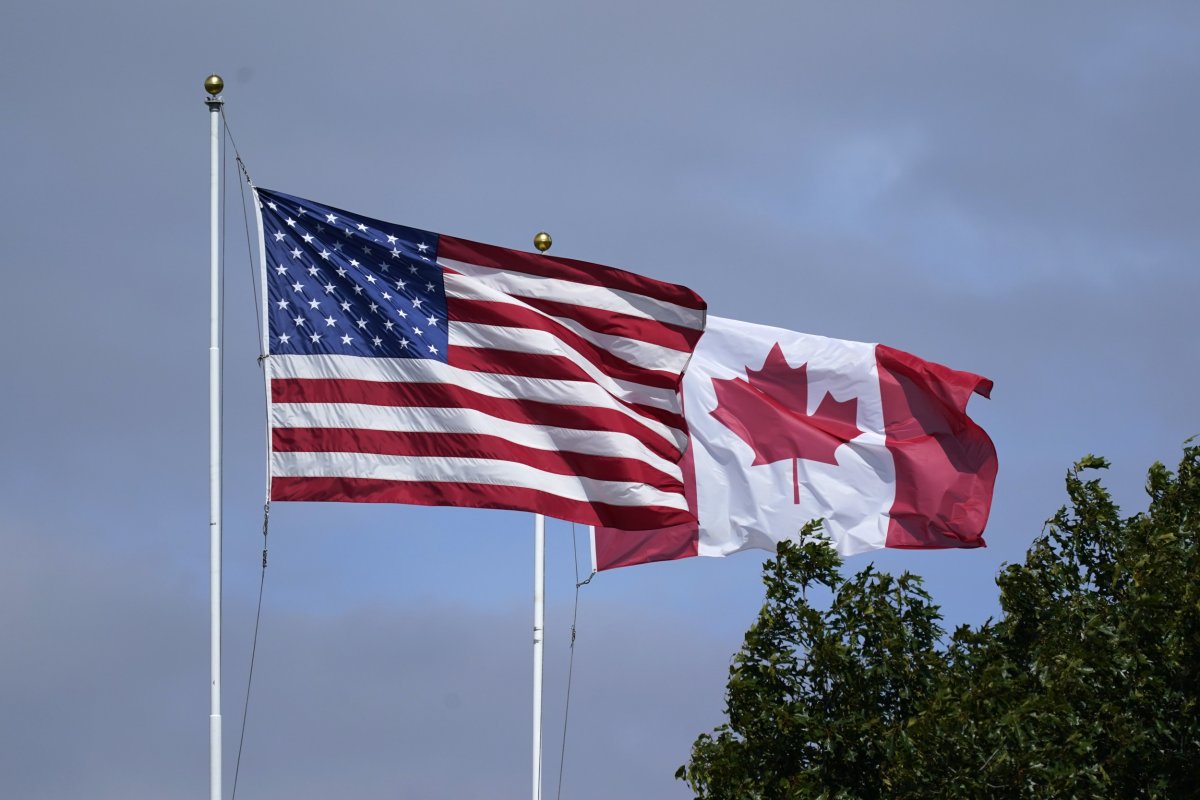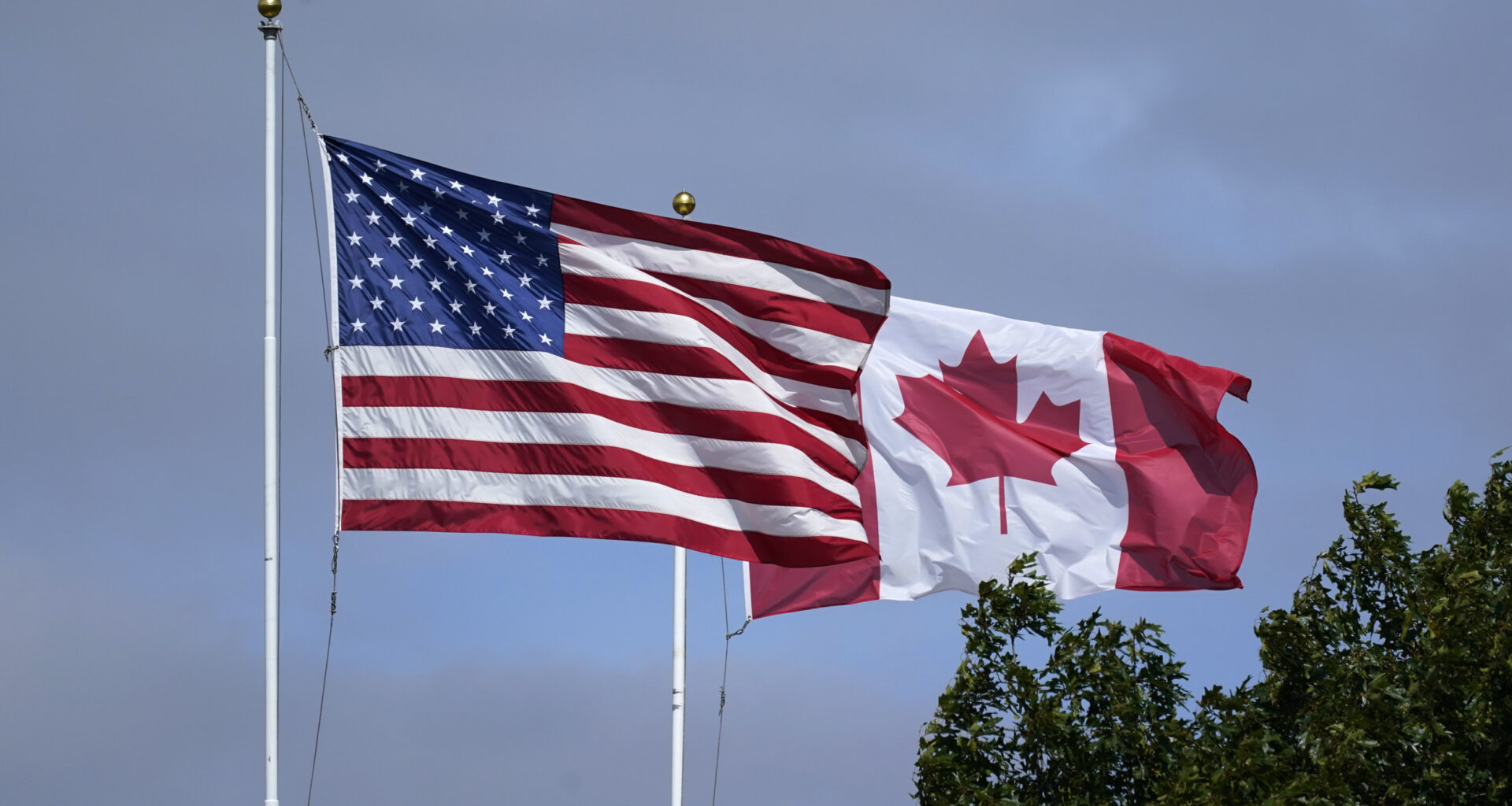Canada has reported an increase in the number of Americans seeking refugee status, according to data released by the Immigration and Refugee Board of Canada (IRB).
In the first half of 2025, 245 Americans filed refugee claims, surpassing the 204 claims filed throughout all of 2024.
“Why does Newsweek care about this .00007 percent of the population who want higher taxes, worse health care, and anti-American trade policies?” White House Deputy Press Secretary Anna Kelly told Newsweek.
Newsweek has contacted the IRB for comment.
Why It Matters
This marks the highest number of U.S. claims in any full year since 2019, highlighting an uptick in cross-border asylum-seeking activity. Under the Trump administration, U.S. policy shifts and court rulings have restricted access to gender-affirming care, limited who can serve in the military, and imposed rules on participation in sports and the use of certain facilities, prompting some Americans to seek refuge abroad. The administration has also clamped down on illegal immigration and ramped up arrests as it looks to carry out widespread deportations.

U.S. and Canadian flags fly together at the border at the Peace Arch Historical State Park, Monday, Aug. 9, 2021, in Blaine, Wash.
U.S. and Canadian flags fly together at the border at the Peace Arch Historical State Park, Monday, Aug. 9, 2021, in Blaine, Wash.
Elaine Thompson/AP
What To Know
While Americans still make up a relatively small portion of Canada’s refugee applicants, out of roughly 55,000 total claims in the first half of 2025, the increase is drawing attention.
Historically, Canada has accepted only a small number of U.S. refugee claims, making this recent surge noteworthy.
The IRB’s publicly released data does not specify the reasons behind the increase, but several factors appear to be driving the trend.
Amelia Wilson, Law and Director of the Immigration Justice Clinic at Pace University, told Newsweek that she believes many Americans seeking asylum in Canada are doing so primarily based on the political opinions they hold.
She noted that professionals across various sectors—including journalists, attorneys, and activists—may feel vulnerable to political retaliation and perceive Canada as a safer environment to continue their work or advocacy.
Mark Krikorian, executive director of the Center for Immigration Studies, described the trend as unsurprising given historical movement between the two nations. He emphasized that the U.S. and Canada are closely connected, and that some Americans may simply be seeking an alternative environment when dissatisfied with conditions at home.
“If there were 204 people who went to, you know, Americans who requested their refugee status in Canada last year under Biden, it’s no surprise there’s going to be some more now, and you have all these people constantly saying, we’re going to go to Canada if Trump gets elected.”
To qualify for asylum, applicants must demonstrate to Canada’s IRB that they face a risk of persecution throughout the U.S. The Board has recently incorporated reports from organizations such as Human Rights Watch into its national documentation package, providing additional context on conditions in the U.S.
What People Are Saying
Amelia Wilson, Law and Director of the Immigration Justice Clinic at Pace University, told Newsweek: I suspect that U.S. citizens seeking asylum in Canada are doing so based primarily on political opinion grounds. I could easily imagine that elected officials, scholars, journalists, attorneys, activists, scientists, and many others feel unsafe in this moment, and anticipate (or have already experienced) political retribution for engaging in what the Trump Administration has styled as treasonous speech, thought, or activity. That citizens feel they must flee this country to find safety in another marks an especially grim moment in our nation’s history.
Mark Krikorian, executive director of the Center for Immigration Studies, told Newsweek: “Canadians come here all the time because, for whatever reason, they don’t like Canada. And, you know, our countries are pretty similar.
“We’re cousin nations, so it’s perfectly natural. Some people, if they’re dissatisfied with things in one or the other country, going to the other one across the border is a relatively easy thing. I don’t think it’s that big a deal, honestly.”
What Happens Next
The figures could continue to rise as the Trump administration enforces a hard-line agenda.
Update, 08/23/26, 12:40 a.m. ET: This article was updated with comment from the White House.
